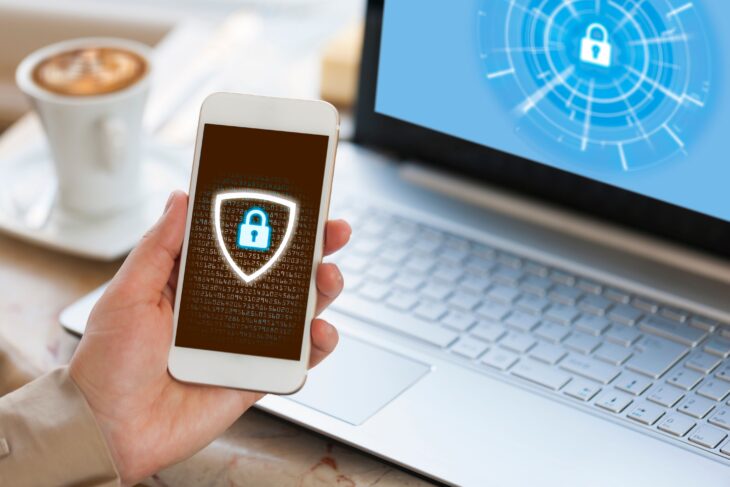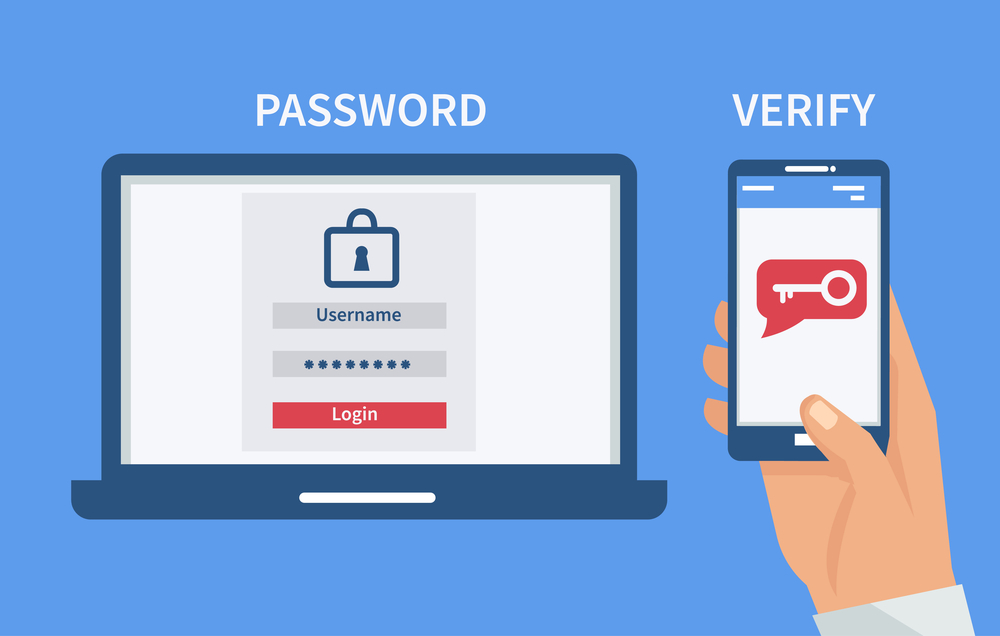
How to Protect Your Personal Information on Social Media?
Social media has firmly rooted in our everyday lives. Modern users spend several hours a day in messengers and social networks, chatting with friends and relatives and sharing content.
Registration on social media always requires personal data specification and profile verification. If you want to create a profile on a social network or messenger, be ready to enter your place of living, full name, date of birth, email, and phone number. Furthermore, two-factor authentication is used by platforms to verify users’ accounts. This measure allows services to filter fakes and scammers. Yet, for users, this step has a negative side effect.
Since huge volumes of personal data are stored on servers of social media platforms, they come as tasty pieces for hackers. In trying to get access to users’ private data, intruders can hack even the most protected data encryption systems, meaning that users’ data is never 100% confidential online.
This is why users try to bypass this step and seek ways how to protect yourself from identity theft. Below, we’re going to provide strategies for safeguarding personal information on social media.
Assessing Privacy Settings
When registering a profile in a social network or messenger, make sure to review and adjust account settings. Making a private (closed) profile is one of the most effective ways to limit access to your personal data. For example, most social networks allow for limiting personal details:
- personal data (date of birth, marital status, geolocation);
- time of visits;
- “online” status;
- read/unread messages.
All these measures help improve data security. Generally, setting a closed/private account is the best strategy to hide info from third-party users since only a limited circle of friends or contacts will see it.

Mindful Sharing and Friend Management
When answering the question “how can I protect my personal information from identity theft”, make sure that you treat your subscribers and friends seriously. The strategy of managing friend lists helps enhance online privacy and prevent data leakage. Thus, accept requests from familiar users only, block unwanted users, and clean your friend list from unfamiliar profiles.
Considering the issue of information sharing online, many users can’t stop timely and show too much personal content to the public. In this case, avoiding oversharing is a crucial task. You’re responsible for what and with whom you share.
Neglecting these points can lead to data breaches that entail multiple strategies of social engineering, such as blackmailing. Thus, make sure to review consent and opt-outs.
Strengthening Account Security
When considering the issue of how to protect social security number from identity theft, comply with the following aspects:
- create strong passwords;
- enable two-factor authentication;
- come up with secure login practices.
Most social networks provide users with hints to make sure that they manage to create reliable passwords. Note that regular password changes are the key to safe browsing on social media.
If you ask “how can I prevent identity theft”, two-factor profile verification fights effectively with phishing scams. Thus, it is advisable to enable it.
A login should not be obvious. Turn on your imagination when creating logins.

Managing App Permissions and Third-Party Access
Safe browsing habits include limiting app permissions. Granting excessive app permissions increases the risk of rights infringement as a result of data leakage. Thus, make sure that app permissions are limited to a circle of necessary actions. It is important to review and revoke unnecessary app permissions regularly to monitor access to your data and device.
The use of third-party apps should be justified. Before you install new utilities, make sure that they provide malware protection, being secure and trusted. This measure will prevent you from:
- infection with viruses;
- data leakage;
- installing spying software.
Finally, note that although social media platforms have their own privacy policies and are responsible for customer information protection, no one can guarantee 100% confidentiality and security when surfing the Internet. The only way out is to keep your info secret and avoid specifying it.
SMSBower: Virtual Phone Numbers for Enhanced Privacy
Modern online services offer clients to rent fake phones for registration and verification on social networks. This comes as the best way how to protect your social media accounts from hackers.
SMSBower is one such service provider. The platform offers a wide database of virtual numbers worldwide. If you need to buy virtual number receive SMS, visit the website SMSbower.com. The main benefits of the service provider include:
- A wide catalog of phones of different countries and operators.
- Affordable prices on subscriptions and numbers.
- A responsive easy-navigation interface.
- A minimum set of info for registration.

Offline Protection and Safe Sharing
Digital footprint affects an offline environment as well. The same risks are related to offline data collection. When communicating offline, remember about oversharing, being mindful, and filtering what you say.
User data protection directly affects reputation management. Despite social media audits, scammers are skilled nowadays. Here’s you know how to protect your personal information on social media. If you want to feel 100% protected, just use fake info and do not disclose your personal info. This is the only right way to safeguard and surf Web resources without risk. SMSBower is a place where clients can find reliable solutions for their cases and enjoy well-running phones for safe Web navigation.